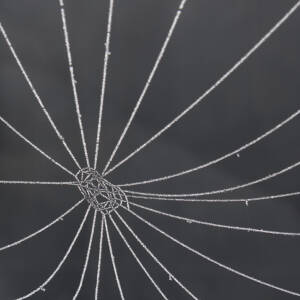Lest We Don’t Know
I've heard a lot over the last five Novembers about how much we owe those who died in World War One. How we should admire their bravery, call them heroes, thank them for our freedom.
I don't. I can't. For me this rhetoric is an extension of the 1914-18 propaganda that persuaded young men to put themselves in (mostly) unnecessary danger. It makes the war sound sad but essential. It makes conflict sound justifiable. It’s fake history.
Yes, there was bravery and sacrifice on a huge scale. By the end of World War One, almost every family in the UK, and very many across Europe and the colonies, was bereaved. Families took back into their homes men who were changed for ever, devastatingly, with the flashbacks and nightmares of shell shock (PTSD), with disabilities or chronic pain, or just with memories they couldn’t share, either to protect those they cared about from the horrific truth or because their experiences were beyond words.
Of course the authorities couldn’t then say, ‘Oops, sorry, that wasn’t necessary’. Instead they created a mythology around ‘sacrifice’, ‘bravery’, ‘heroes’, and 'service to the nation' which has lasted a century. Today's procession of 10,000 people to the Cenotaph in London was to give ‘a nation's thank you’. Note that no-one ever says what for.
So, what for?
On 28 June 1914 the heir to the Austrian throne, Archduke Franz Ferdinand, was assassinated in Sarajevo by a Serb nationalist. Austria saw the murder as a pretext to crush Serbia and shelled Belgrade.
Russia mobilised troops against Austria in defence of Serbia. Then Germany, which had an alliance with Austria, declared war on Russia. Russia was part of the other European alliance which also included Britain/Ireland and France so the dominos started falling, very fast. France ordered general mobilisation. Germany declared war on France and sent its troops into Belgium. Britain demanded that Germany leave Belgium. Germany paid no attention so Britain declared war on Germany.
Suddenly everyone needed soldiers. How to persuade ordinary men to put themselves at risk for rich and powerful people’s squabbles? Well, for a start, make speeches and produce posters to enthuse them: appeal to patriotism, loyalty and duty to King and Empire. Allow recruitment to take place through the network of local party-political organisations. Then use peer pressure and organise ‘Pals’ battalions, which men from the same community or workplace were encouraged to join together. And tell them it will all be over by Christmas.
It worked. In the six weeks after Britain declared war, 478,893 men joined the army.
But the war wasn’t over by Christmas. By the following Christmas, 2,466,719 men had joined the British army voluntarily and people were beginning to have doubts about the glory of nation, empire and sovereign. So in January 1916, conscription was introduced.
By November 1918, one in four of the UK male population had joined up and 886,342 had been killed. Worldwide, there had been 9.7 million military deaths and 10 million civilian deaths. The experience was pretty similar whichever side of the barbed wire men were on. The two quotes in my blip yesterday were written by soldiers on opposite sides. Could you tell?
World War One probably meant women got the vote earlier than we would have done otherwise. It normalised the idea of women in the workplace, it changed dress codes. Colonial deaths in the name of the ‘mother country’ probably encouraged thoughts of independence. The peace treaty humiliated Germany and probably contributed to the Second World War. But those weren’t the reasons anyone had gone off to fight.
So what were ordinary people killing ordinary people to achieve?
They didn’t know. We don’t know. But they went off to fight because they listened to the propaganda and believed the rhetoric about patriotism. They believed in the idea of their own country being ’great’ and other nations being a danger.
And it’s not in the interests of an elite to undermine any of that. Either then or now.
Lest we forget, eh. What irony in that abused phrase..
Yes, I really did find a flowering poppy today, battered by the wind in the park.

Comments
Sign in or get an account to comment.


